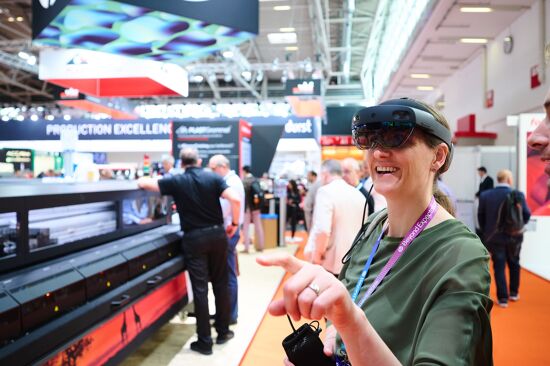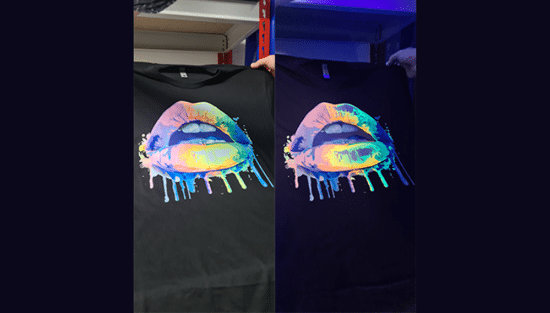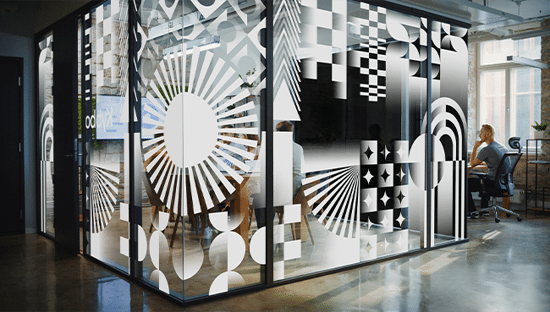CorrBoard Bioenergy builds world’s first renewable energy plant for corrugated board manufacture
CorrBoard Bioenergy (CB Bio), a joint venture between packaging and display trade specialist Swanline Group and paper-based packaging producer McLaren Packaging, has invested £5.5M in the creation of the world’s first sustainable energy generation facility fuelled by organic waste to provide heat and power for the manufacture of corrugated sheet board.
The investment will facilitate the manufacture of carbon neutral corrugated material for use at Swanline and McLaren’s respective manufacturing plants in Staffordshire and Port Glasgow.
Some of the waste needed for the 6,400 Megawatt / annum energy plant will be sourced from Swanline and McLaren’s packaging users who require compliant food waste disposal; thus providing a robust circular economy. Remarkably, the by-product from the plant is a quality fertiliser, pasteurised and certified to PAS 110, suitable for spreading on local farmland to aid crop growing.
CB Bio is located adjacent to CorrBoard UK, the consortium-owned independent corrugated producer based in Scunthorpe of which Swanline and McLaren are part owners. Although autonomous neighbouring businesses, this innovative facility effectively makes CorrBoard UK’s production carbon neutral, providing an advantage to its customers and partners.
The concept for the CB Bio plant evolved after a chance meeting five years ago between Nick Kirby of Swanline and Robert Greenow of BioG-UK, an established operator of renewable energy facilities that use anaerobic digestion to generate energy. Once feasibility for the plant was proven, Greenow then designed the scheme and agreed to become the operational partner. BioG-UK also provides a network for collection of organic waste; the fuel for such a plant.
The plant has the capacity to divert 25,000 tonnes of biological waste from landfill to provide more than twice CorrBoard UK’s energy consumption, or enough electricity and heat to sustain 1,500 homes. The plant is modular in construction and therefore output capacity can be increased in future.
Additionally, both Swanline and McLaren expect CB Bio to substantially offset their own carbon footprints from the excess energy not consumed by CorrBoard UK but fed to the National Grid and allocated back to them in carbon credits.
Nick Kirby, CEO of Swanline Group said: “CB Bio is a bold statement to our customers who genuinely want to procure corrugated packaging with strong ecological credentials. This is a timely venture providing greener solutions and industry leading benefits for consumers of paper-based packaging. Swanline is committed to providing our customers with a difference and this investment epitomises that pledge.”
Donald McLaren, Managing Director of McLaren Packaging added: “This world first sustainable energy generation facility is a game-changer in the paper-based packaging sector and demonstrates how, through investment, collaboration and innovation, McLaren Packaging is rising to meet the pressing environmental challenge through sustainable solutions.”
With BioConstruct’s advanced processing and software technology, the CB Bio plant can be operated remotely out of hours to maximise the uptime efficiency of the 800KwHr CHP units. Reassuringly, CorrBoard UK has the ability to switch seamlessly between electricity from CB Bio and the National Grid, thereby providing protection against outage from either source.
The CB Bio plant also has an automated de-packing line, but provision has been made to accommodate waste delivered in tankers, on pallets or in specialist skips. In addition to vegetable food waste, the company is certified to process Category 2 and 3 animal by-product wastes.
Topics
Interested in joining our community?
Enquire today about joining your local FESPA Association or FESPA Direct
Recent news

Streamlining personalisation with tech: Insights from the SmartHub Conference 2025 speakers
Personalisation Experience 2025 (6 – 9 May 2025, Messe Berlin, Germany) is running its inaugural SmartHub Conference from 6 – 8 May 2025.

Special Effects in DTF: How Neon Inks Are Making Apparel Pop
Neon fluorescent inks are the latest innovation in DTF printing, offering vibrant, eye-catching effects under both daylight and UV light, giving apparel decorators a competitive edge. Testing shows good wash durability, though market perception of added value is still developing. With increasing adoption and ongoing technological advancements, neon represents a significant upgrade for creative customisation.

Unlocking Growth Opportunities in the Printed Personalised Apparel Industry
The printed personalised apparel industry is booming, projected to reach $10.1 billion by 2030. Driven by consumer desire for self-expression and branding needs, technological advancements like DTG/DTF and e-commerce integration are key. Sustainability, eco-friendly materials, and on-demand printing are crucial growth drivers. Businesses leveraging these trends, including AI and social media, have significant commercial potential.

How to grow your business with white ink applications
Opaque white ink is revolutionising signage, vehicle graphics, wallcoverings, short-run and wood packaging, and window blinds by enhancing vibrancy and clarity. This enables printers to offer high-demand, standout products, boosting profit margins. HP Latex white ink applications and their large format printing solutions will be showcased at FESPA 2025 in Berlin.